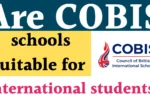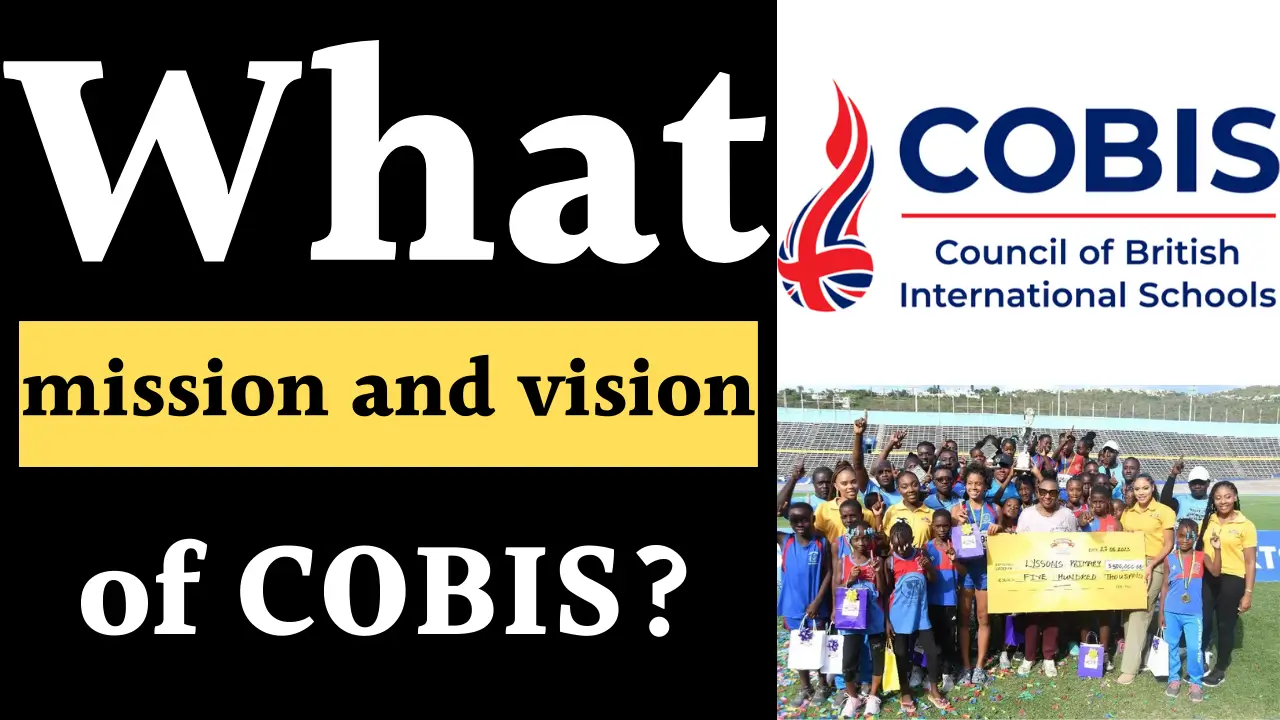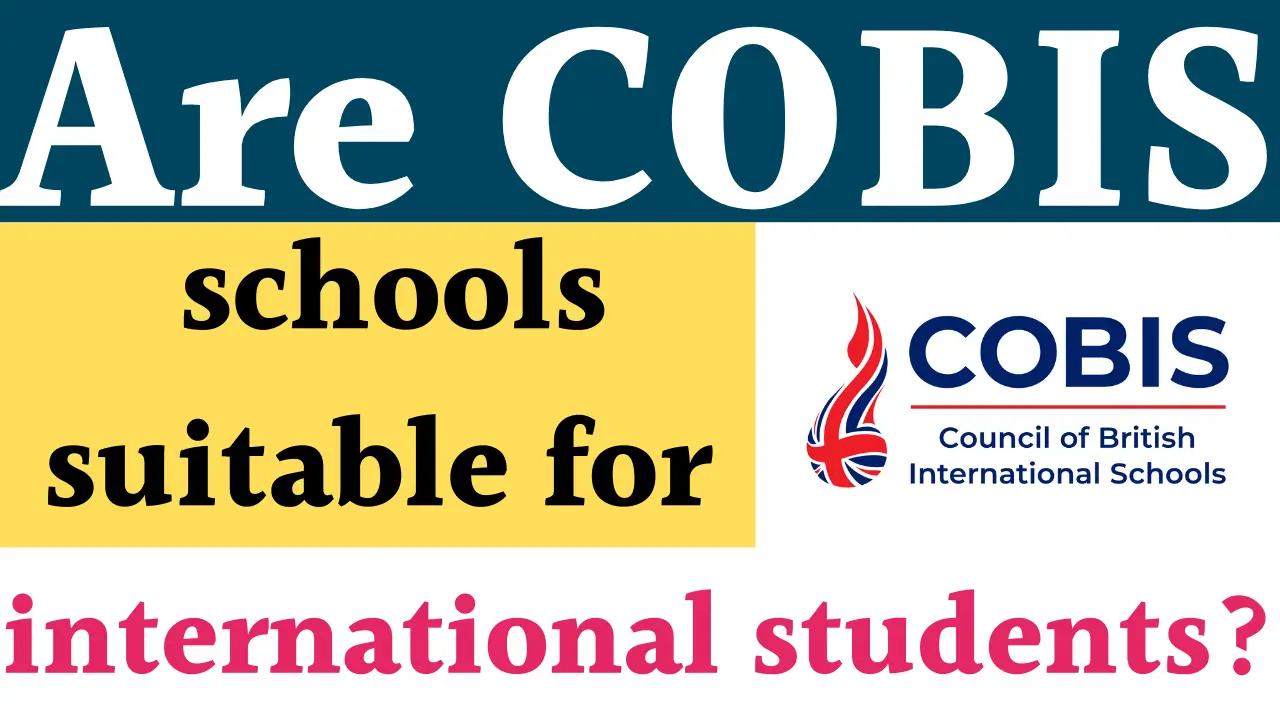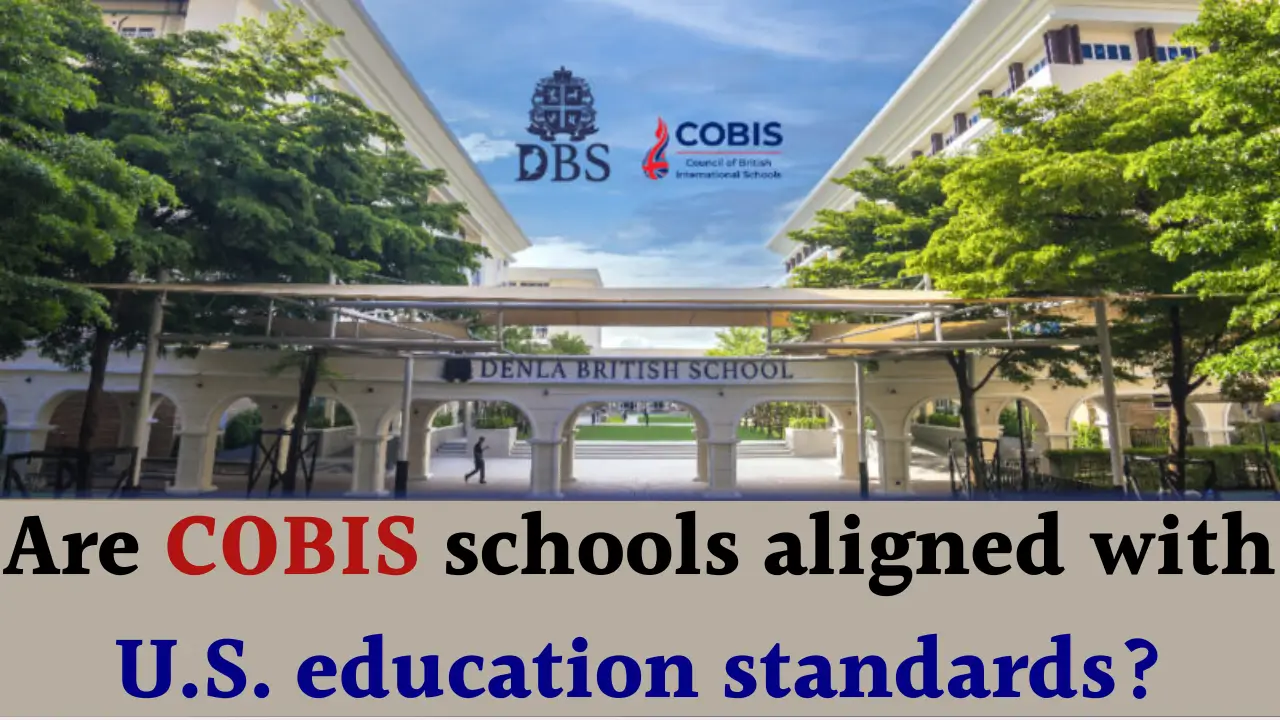COBIS (Council of British International Schools) bilingual schools generally follow a curriculum that blends British educational standards with bilingual and international elements. The curriculum is comprehensive, aiming to provide students with a balanced education that supports multilingual proficiency as well as academic excellence. These schools typically integrate English as the primary language of instruction with a second language, often aligned with the host country or an additional global language.
Curriculum Framework in COBIS Bilingual Schools
The curriculum in COBIS bilingual schools is designed to meet the following key criteria:
- British Education Standards: The curriculum aligns with British education principles and is fully compatible with external examination systems commonly used in the UK. This alignment allows students to transition smoothly into or out of the UK educational system at appropriate levels.
- Bilingual Instruction: Instruction is delivered in two languages, typically English and the second chosen language, which cultivates fluency and linguistic skills in both. The bilingual approach ensures proficiency not only in speaking and listening but also literacy and cultural understanding.
- Holistic Development: Beyond academic subjects, the curriculum emphasizes the development of students’ whole potential, including social, emotional, and physical growth. It includes personal, social, health education, and careers guidance to prepare students for further education and life.
- Cultural Integration: Schools promote intercultural awareness and respect for diversity, supporting international-mindedness and mutual understanding among students from varied backgrounds.
Key Components of the Curriculum
| Curriculum Component | Description |
|---|---|
| Language of Instruction | Primarily English, with the second language integrated deeply into the learning experience. |
| Subject Areas | Includes linguistic, mathematical, scientific, technological, human and social, physical, and aesthetic education. |
| Age Range | Education from early years through secondary, often ages 2 to 18. |
| Support for Special Needs | Tailored support for pupils with learning difficulties or disabilities. |
| Exam Preparation | Prepares students for internationally recognized qualifications like IGCSE, A-levels, or IB diplomas. |
| Personal and Social Education | Emphasizes student welfare, health education, and inclusive values like equity and diversity. |
| Co-Curricular Activities | Opportunities for talents development beyond academics, including sports, arts, and leadership. |
Latest Updates and Trends in COBIS Bilingual Curriculum
- Continuous Professional Development: COBIS offers continual teacher training programs tailored for bilingual and international school environments, focusing on pedagogical skills, technology integration, neurodiversity, and inclusivity to enhance teaching effectiveness.
- Digital and Inclusive Learning: Many COBIS schools implement innovative technologies and digital learning environments to support multilingual and inclusive education, including strategies to accommodate neurodiverse learners.
- Safeguarding and Wellbeing: Schools prioritize safeguarding, pastoral care, and student wellbeing as central to the educational ethos, ensuring a safe and supportive learning environment for all students.
- Bilingual Curriculum Models: Schools vary in the intensity of bilingualism, with some focused more on language immersion and others incorporating bilingualism within broader British international curricula. This flexibility allows adaptation to local and student needs.
- International Outlook: Alongside bilingual proficiency, students gain global perspectives, preparing them for higher education and careers worldwide, while retaining strong ties to British educational values.
Bilingual Curriculum Delivery: Example Highlights
- Language Proficiency: Fluency development in both languages begins early, often with dedicated hours for each language across subjects.
- Cultural Studies: Students learn about the history, culture, and traditions of the languages studied, promoting intercultural understanding.
- Assessment: Balanced evaluation methods including formative and summative assessments in both languages to measure academic achievement and language development.
- Student Transition: Programs often help students transition into internationally recognized programs such as the International Baccalaureate or national university preparatory pathways.
Summary
COBIS bilingual schools follow a curriculum that fuses British educational standards and international bilingual education principles. The curriculum is characterized by a balance of language proficiency, academic rigor, holistic child development, and intercultural awareness. Continuous updates and professional development initiatives ensure the curriculum remains modern, inclusive, and sensitive to student wellbeing and diversity needs. This approach prepares students not only for academic success but also for meaningful participation in a globalized world.
















